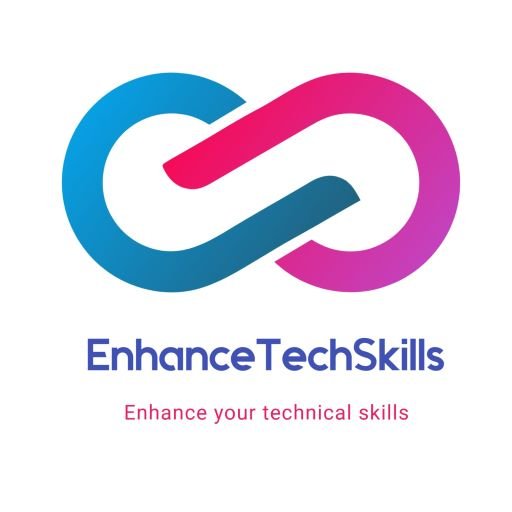Azure is a cloud computing platform provided by Microsoft. It offers a wide range of cloud-based services, including computing power, storage, databases, analytics, and more. Azure provides an easy-to-use platform for building, deploying, and scaling web applications and services.
Some of the benefits of using Azure for application development include:
Scalability: Azure provides elastic computing resources that can be easily scaled up or down to meet demand, allowing applications to handle increased traffic or workload without affecting performance.
Availability: Azure provides high availability and redundancy for applications and services, ensuring that they are always available and responsive.
Flexibility: Azure offers a wide range of services and tools, allowing developers to choose the right tools for their specific needs and requirements.
Security: Azure provides a secure environment for application development and deployment, with features such as network isolation, access controls, and encryption.
Cost-effective: Azure offers a pay-as-you-go pricing model, allowing developers to only pay for the resources they use, reducing overall costs.
Some of the topics that might be covered in a course on Azure include:
Introduction to Azure
Overview of Azure and its benefits
Azure architecture and components
Getting started with Azure
Computing with Azure
Using Azure Virtual Machines for computing power
Understanding Azure Functions for serverless computing
Deploying containers with Azure Container Instances and Kubernetes on Azure
Storage with Azure
Using Azure Blob Storage for object storage
Understanding Azure Disk Storage and File Storage for block storage
Deploying databases with Azure SQL Database and Cosmos DB
Networking with Azure
Understanding Azure Virtual Networks for networking
Configuring security groups and network security groups (NSGs)
Implementing load balancing and traffic routing with Azure Load Balancer and Traffic Manager
DevOps with Azure
Using Azure DevOps for continuous integration and deployment
Implementing infrastructure as code with Azure Resource Manager and Terraform
Monitoring and logging with Azure Monitor and Application Insights
The above topics are just a general outline of what might be covered in a syllabus for a course on Azure, and the actual content may vary depending on the course or training program you are taking. Azure is a vast platform with many services and tools, and it’s important to have a good understanding of cloud computing concepts and DevOps principles before diving into Azure development.




